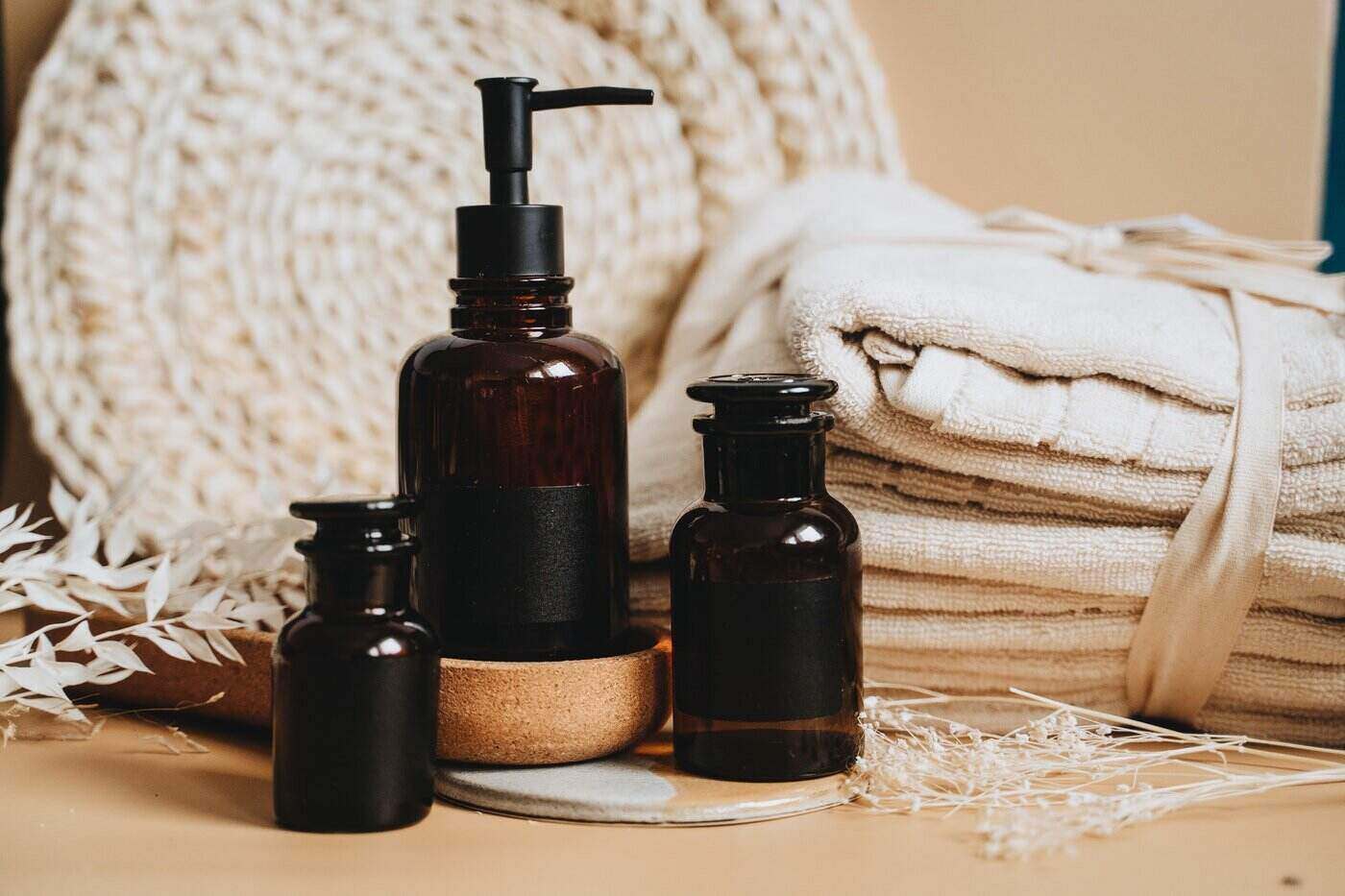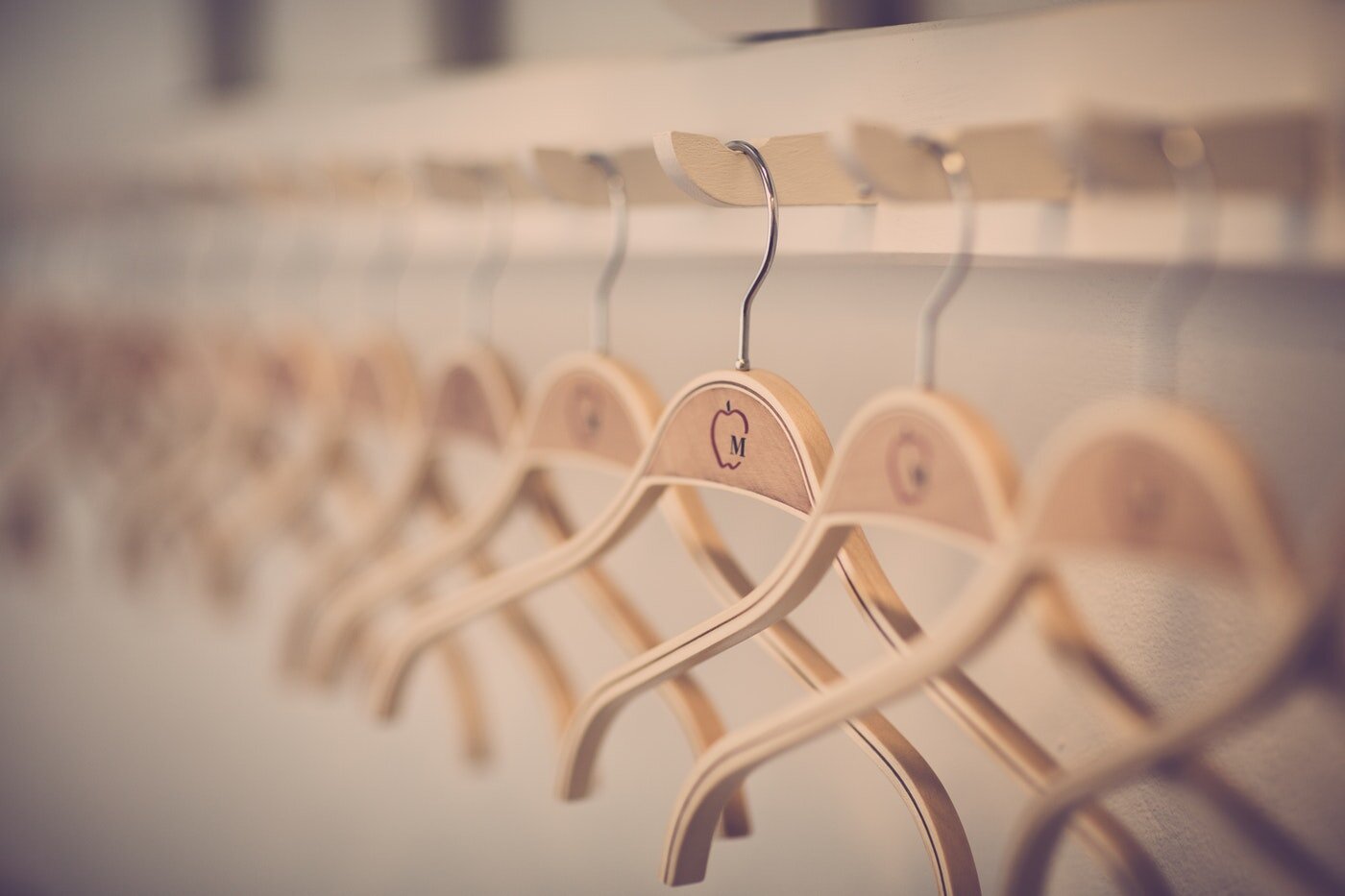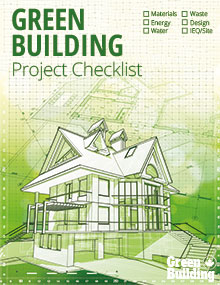Decluttering your home is an important ritual that every human needs to develop. We all have our reasons for collecting items we do not need anymore and keeping them all around our house. When that becomes a habit, it’s hard to shake it off.
Studies show that there are plenty of benefits of decluttering. Here are one of the main ones:
- Better organization skills
- Higher productivity
- Better sleep
- Less anxiety
- Less risk of asthma and allergies
Another amazing thing is that your home will produce less waste and reduce its environmental footprint. By changing your ways, you will see a lot of positive benefits.
Here, we will share some tips on how to make decluttering both effective and eco-friendly. And to avoid having to declutter in the first place we also include tips on how to avoid collecting clutter.
1. Assess What You Need on a Daily Basis
People always keep things in their homes that they don’t need. We always tend to forget about small unnecessary items we could find new homes for, but that we keep them anyway. The first step to decluttering your home is assessing what you actually need and removing what you don’t.
By removing everything that’s not useful, you will create a lot more space in your home and make it cleaner. Of course, everyone needs adjustment, so take baby steps and start room by room. That way you can really decide what you need and what needs to go.
You can donate, recycle or repurpose your items. Once you remove all clutter in your home, make sure you assess anything new that starts to pile up.
Try to make a zero-waste home: recycle waste and use leftover foods to make compost. In your daily routine, try to make products yourself from ingredients that come in non-plastic packaging. Your home will look great and you will help keep things out of the landfill.
2. Stop Clutter from Entering Your Home
We all have items just laying around in our homes, either because we thought we would use them, or because other people thought we would use them.
The best tip for people who clutter is “don’t buy anything you don’t need.” There are plenty of better ways you could spend your money, like renovating your home or paying out your mortgage.
Adopt a habit of only purchasing what you know you’ll use. If someone gives you a gift you don’t love, donate it before it gets the chance to take up space in your home.
Refuse packaging when you’re shopping, and resist the temptation to pick up extra items you’re not sure you need just because they happen to be a good deal.
3. Restructure Your Storage Spaces
It is often the lack of proper containers, shelves and storage space that cramps the spaces in your home. To make your decluttering more effective, do a room-by-room approach by taking out all items within a particular room and re-examining the dimensions and current storage compartments in the room.
Take a photograph of how the cluttered room looked before and how the room looks when emptied. It makes any minor renovation plans easier to make and more convenient to apply. Restructuring your storage spaces for more efficient space utilization could mean doing a complete room renovation to create a walk-in closet and shelving or it could be as simple as getting a box to put your things in.
4. Donate Old Items That Are in Good Condition
To save space in your closets, cupboards, shelves, cabinets, racks and other storage areas, you need to first sort out the things that you still find useful and those that you no longer use but are still in good condition.
Old and unused clothes that are still fine are the most common items that accumulate closet space, and are something you can give to others instead of throwing in the garbage bin. Instead of contributing to the growing landfill waste, you can help prolong the usable lifespan of your clothing by letting other people wear them.
Your old electronics would also have to go if you no longer use them. If they are still in good and safe working condition, you can donate them to charity.
You may also notice that you have dishes and glasses that are no longer being brought out of the cupboard, and that you hardly have space to keep the ones you are currently using. Again, before you think of throwing them into a garbage bin, donate them if they are still in good condition. Extending the usable life of your old items through donations is one effective and eco-friendly way of decluttering your home.
5. Reuse or Repurpose

You may have bought large containers for your lotions, hair gels, shampoos and other skincare and beauty products. Now that most of them are empty, think of ways that you can still use them so as to not have them end up in the landfill.
Most of these kinds of products have refills, so you can buy refills instead of new containers.
Repurposing these containers can mean you can alter their form to make them useful for other purposes, such as making shampoo bottles into pencil or pen holders, stationary or paperclip containers, pin cushion keepers and other miniature containers for tiny objects.
Old CD cases can also be repurposed for storing cables, and toilet paper rolls can be repurposed as cable and cord organizers. Larger items like windows and doors can be repurposed to make greenhouses.
Going back to your old clothes, you can also repurpose them to transform them into new wearable items like yoga pants, shorts, underwear or vests. With a pair of scissors, sewing needles and creativity, you can come up with any number of transformations for your old clothes.
6. Have a Yard or Garage Sale
If you want to make a few bucks out of your old but usable belongings, you can advertise your pre-loved items on Craigslist, eBay, and other sites where you can sell used items.
If you prefer to personally endorse and sell your used items, have a garage or yard sale for your neighbours (once it’s safe to do so) to check out and get good bargains. You can sell old collector’s items, antiques, clothes, books, DVDs, CDs and other sellable items.
Decluttering and being eco-friendly don’t have to be at odds with each other. You can harmonize them by being resourceful and creative with ideas on how you can free up space at home or work without making a negative impact on the environment. Do not treat decluttering as a “throw-away” process but more like an efficient redirection or repurposing of your old and unused belongings.
7. Recycle Electronics You Don’t Need

There’s no need to keep something we don’t use. To reduce clutter and be environmentally friendly, recycle unnecessary electronics. That can be anything from your old microwave to an old dryer.
E-waste can be harmful to the environment because it releases toxic chemicals into the atmosphere. The best option for getting rid of them is recycling. They have valuable metals and materials that can be of use again.
Once you’ve purged your home of devices and appliances that have outlived their usefulness, be savvy about buying more.
Purchase fewer devices and appliances, and choose items that have a solid reputation for being long-lasting. Whether it’s a dehumidifier or a desktop computer, check the warranties and buy something that will go the distance.
Find non-electronic options or items that can do double-duty wherever possible.
8. Reduce Paper Use
Most of us have the same type of clutter in our home: dirty dishes, clothes all around the house, kids’ toys and a lot of paper. People collect excessive amounts of papers they don’t need.
Refuse receipts you don’t need when you’re shopping, and recycle your daily news. Put a “no flyers” sign on your mailbox. Consider online subscriptions and online banking and bills, if you’re not already doing that. The less paper we use, the fewer resources will go into making it.
9. Start Small and Grow Each Day
Building new habits is not easy. It takes time to go from someone who makes clutter constantly to someone who actively resists creating waste in their homes. You can start small and do these simple things:
- Make your own cleaning products
- Choose products that come in recyclable or compostable packaging
- Go thrift store shopping for clothes, rather than buying new
- Look into repairing an item that breaks, instead of assuming it’s trash
- Borrow tools instead of buying them
This will make you better at evaluating how your home creates waste and better at finding waste-free solutions.
Feature image: Rene Asmussen; Image 1: Alesia Kozik


